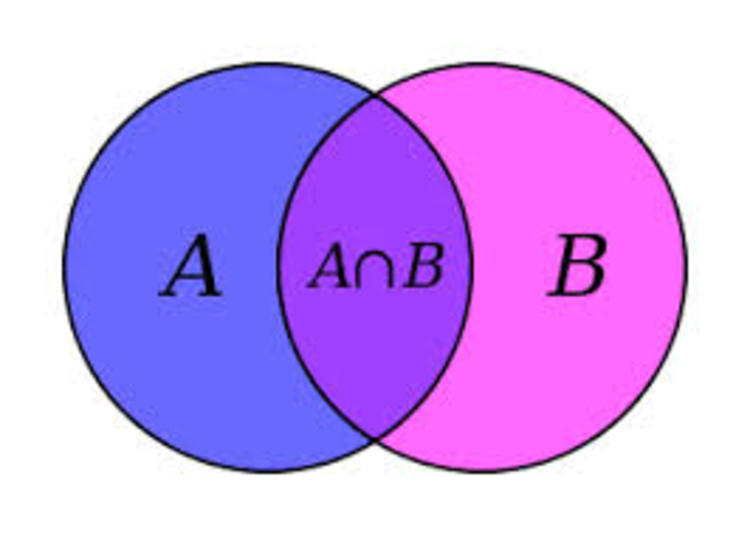Sets and Numbers
 Let A denote a subset of the set { 1,11,21........541,551} having the property that no two elements of A add up to 552. Lets assume that "N" is the maximum number of elements A can have. Find the number of zeroes in the product of the first "N" numbers then.
Let A denote a subset of the set { 1,11,21........541,551} having the property that no two elements of A add up to 552. Lets assume that "N" is the maximum number of elements A can have. Find the number of zeroes in the product of the first "N" numbers then.
The answer is 6.
This section requires Javascript.
You are seeing this because something didn't load right. We suggest you, (a) try
refreshing the page, (b) enabling javascript if it is disabled on your browser and,
finally, (c)
loading the
non-javascript version of this page
. We're sorry about the hassle.
My Goodness! Is this a combinatorics problem or number theory?
OK, Here goes the solution:
First, we can figure out that the given set has 56 elements
Let us try to make the required subset.
Note that for every element we select, there is an element we reject because it would otherwise make a 552 pair
For example, if we choose 1, we reject 551.
Thus, we can choose atmost 56/2 or 28 numbers.
The first 28 numbers in the set are {1, 11, 21, 31, 41, 51, 61, 71, 81, 91, 101, 111, 121, 131, 141, 151, 161, 171, 181, 191, 201, 211, 221, 231, 241, 251, 261, 271}, the product of which is 15946179081353016930375083310371967357185112316115801481
and I have not the slightest idea of evaluating it without a computer